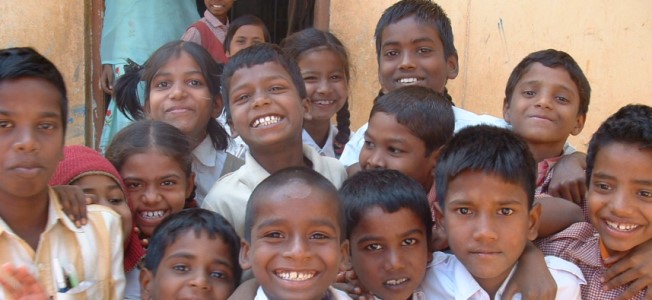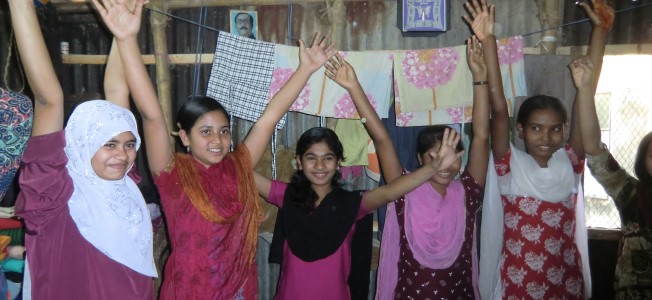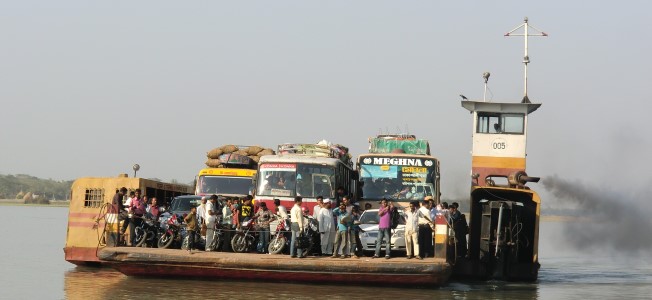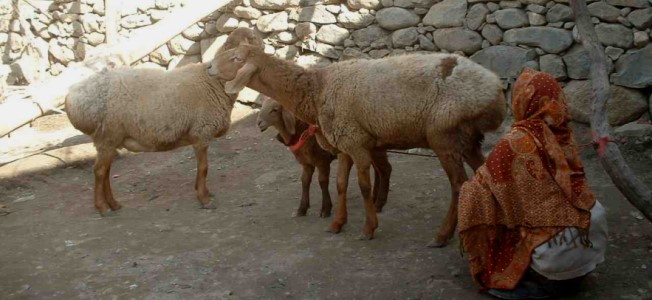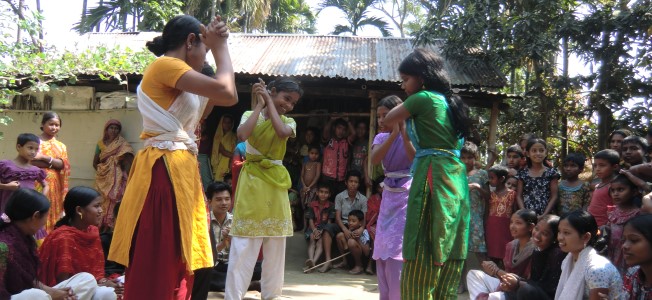WHO defines “adolescent” as those aged between 10 and 19. Adolescents are not children but not yet considered to be adult. As a result, they are easily being neglected. During adolescence period, both boys and girls experience physical, psychological and social characteristics changes. They have to prepare themselves for being leaders of future. It is therefore important to provide them knowledge and values on rights and justice issues as well as civil responsibilities.
Nevertheless, many adolescents in Bangladesh do not have schooling opportunities due to poverty. They are illiterate, usually jobless and being ignored most of the time. They, especially girls, know little about their rights and are thus vulnerable. The poor families tend to marry off their daughters as young as 13-14 years old in order to save family expenditure and dowry price. However, it is very difficult for these adolescence girls who are not mature yet to adapt to new lives staying with a new family. Moreover, early marriage and early pregnancy can be very harmful to their lives.
To tackle with this problem, CEDAR supports PARI Development Trust to implement Adolescence Empowerment and Education Project in rural areas of Central Bangladesh. Partner talked about different issues like civil and family responsibilities, relations between two sexes, personal hygiene, psychological health, women rights and marriage issues through games, group discussions and role play to help the adolescence build up rights and justice values. Also, partner train them in vocational skills and build up their capacity for generating income. Meanwhile, seminars are organized for parents, community leaders and religious leaders to let them understand needs of adolescents and encourage them to communicate positively with the adolescents. This project emphasizes girls’ rights and disseminates the bad effect of early marriage in a hope to join hands with parents and community leaders to stop early marriage and early pregnancy to protect the girls.
Rashida was only 15 years old but her father planned to marry her off to a 22-year-old man. Rashida and her mother were told about the bad effect and restrictions of law against early marriage. They seek advice of the local government officials with the help of project staff and finally persuaded her father not to marry her off.






